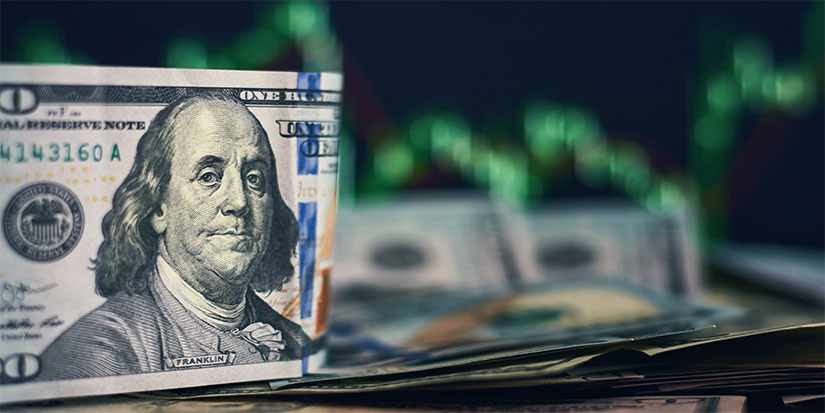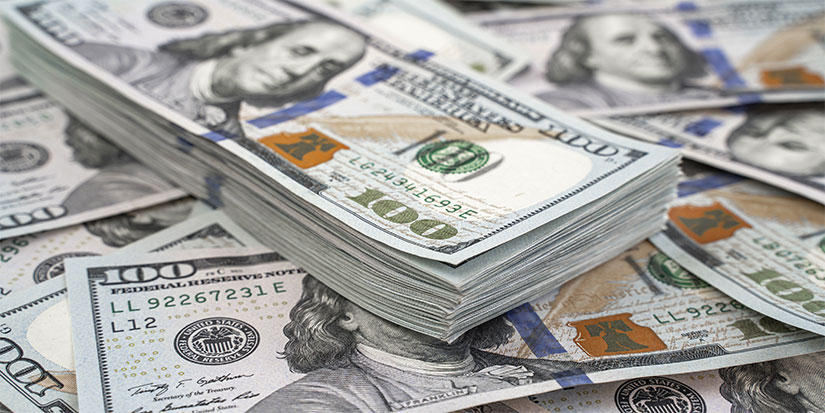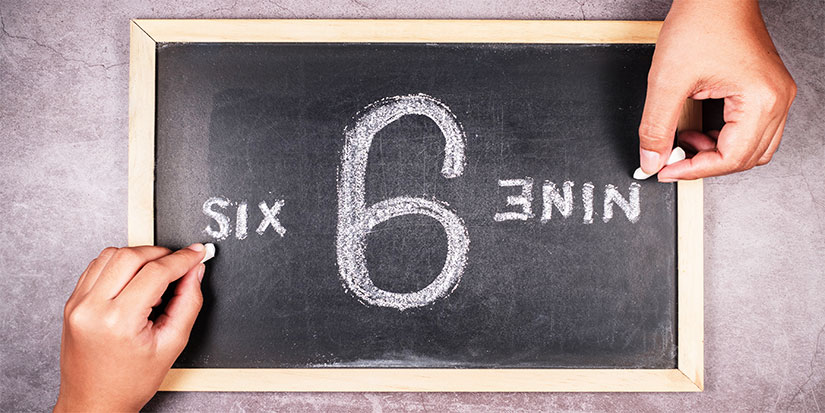
Advancing Your Career: MBA vs. CFA
When some people want to advance their careers, they get an MBA. That’s what I did—I graduated in 2001 with my MBA from the University of San Francisco. That was a good decision. It has proved valuable, and I learned a lot.

The Virtues It Takes to Make Money
Money is not the root of all evil, and the love of money is not evil. Money is good, and it’s because of the virtues that it takes to make it.

How Do You Feel About Money?
One of the common misconceptions about money is that you need a lot of it to be happy. But if your basic needs are met and you don’t have any debt or risk, you can live paycheck to paycheck and be perfectly content.

A Matter of Perspective
Things are pretty good right now. But I think most experienced market practitioners know that pain could be just around the corner.

Dave Ramsey and the One-Size-Fits-All Solution
Usually, when I rank on Dave Ramsey, I get back the following: “Well, he has helped a lot of people, hasn’t he?”

Life Is Too Short to Stay in Cheap Hotels
I was in Boston last week, and usually I stay in the Seaport—the high-rent district.